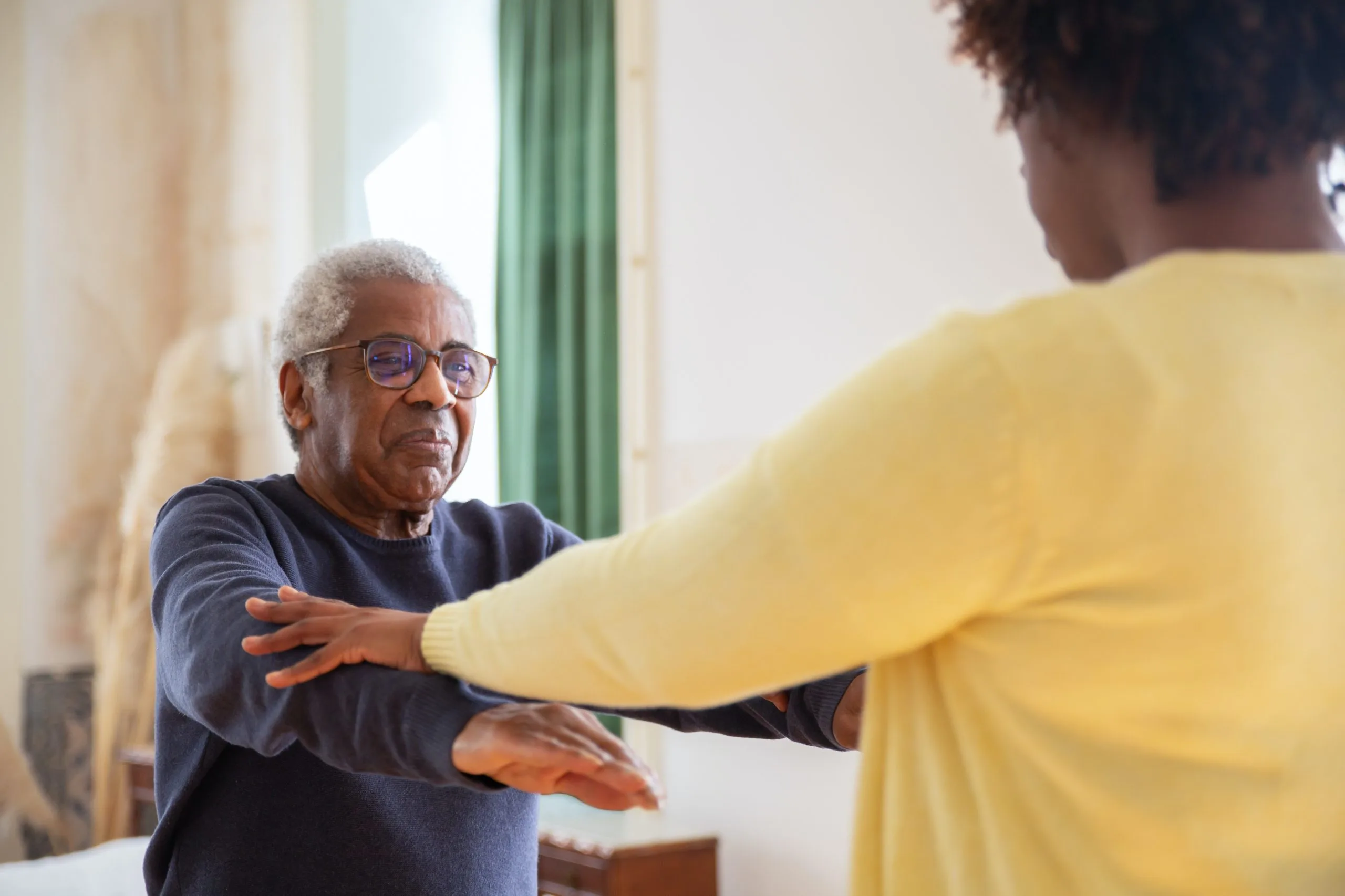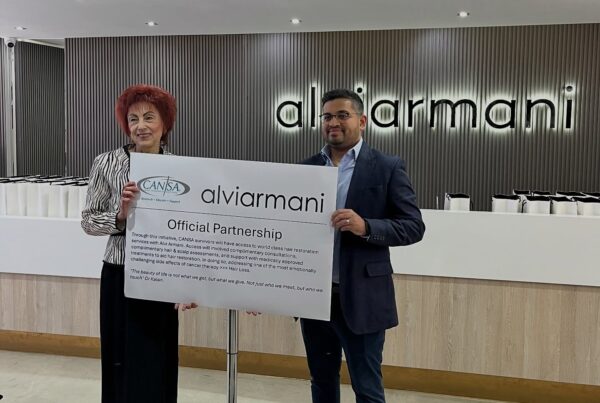New research led by a professor of Clinical Epidemiology at the University of Bristol and The Health Research Unit Zimbabwe (THRU-ZIM), aims to improve the health and well-being of older people living in sub-Saharan Africa.
The Increase in Life Expectancy
Sub-Saharan African countries have seen steady improvements in life expectancy in the last decades, leading to a subsequent rise in the number of older persons in the population of SSA. As of this year, 4.8% of the population is older than 60 years, and this number is expected to rise to 7.4% by 2050. Professor Celia Gregson shares that “thanks to advances in health and sanitation around the world, people are living longer than ever before, with the greatest changes happening in Africa.”
Prioritizing Healthy Aging
However, this increase doesn’t accurately represent “healthy aging”. Professor Gregson says that “healthcare services are not currently set up to provide for rapidly aging populations, meaning older people are more likely to be living with disability and dependence.” Her research program aims to fix this.
Titled “Healthy Ageing in sub-Saharan Africa“, the five-year program will develop an evidence-based clinical framework to assess and manage chronic disorders of aging. These include:
- Walking: Walking is a complex task most commonly done while performing other tasks, like talking. After the age of 65, such “dual-tasking” worsens walking performance for many people and may even cause unsteadiness.
- Balance: As we age, we lose balance function due to the loss of sensory elements, the ability to integrate information and issue motor commands and the loss of musculoskeletal function.
- Memory: Our ability to remember new information peaks in our 20s, and then starts to decline noticeably from our 50s or 60s
- Eyesight: The major causes of vision impairment and blindness in older adults are age-related eye diseases such as glaucoma, cataracts, and age-related macular degeneration (AMD). Your risk of developing these significantly increases after the age of 65.
- Hearing: Age-related hearing loss (or presbycusis) is a common problem linked to aging, affecting one in 3 adults over the age of 65.
The Professorship
This has been aided by a £2 million Global Research Professorship by the UK’s National Institute for Health and Care Research, which she is one of four leading health researchers working in Africa and Asia to receive.
The Research Team
During the study, the Bristol-Zimbabwe collaborative research team will grow into a highly skilled and experienced Global Health and Ageing Research team. This team will work in the Global Health and Ageing Research Unit at the university, and The Health Research Unit Zimbabwe (THRU-ZIM), to ensure a positive impact on the health of older people’s health for many years to come.
The Five-Year Programme
Towards the end of the five-year research program, a set of tools will be created to guide the person-centered assessment and management of older people. These tools will be ready for scale-up across sub-Saharan Africa. Known health problems in this region, including Zimbabwe, include:
- High blood pressure
- Type 2 diabetes
- Back and joint pain
- Depression and anxiety
- HIV
- Incorrect vision and hearing impairments
- Malnutrition
- Undiagnosed memory decline
Aging vs. Aging Healthily
“We want to understand why some people age healthy and some ‘unhealthily’ in Zimbabwe, The Gambia, and South Africa,” explains Professor Gregson. Their aim is to develop an “Ageing Check-up”, run by nurses and therapists in local communities. This will enable older people to be assessed and offered practical management to maintain their health as they age.
The team will also work with a range of stakeholders, including healthcare experts and older people themselves, to develop these aging check-ups for those over the age of 65 years. The check-ups will be trialed in Zimbabwe to assess the feasibility, acceptability, effectiveness, and costs of implementing these community-based health checks.
Improving the Health and Wellbeing of Older People
It’s one thing to age, but another to age healthily. The program’s intention is to improve the health and well-being of older people living in sub-Saharan Africa, ensuring that they age gracefully and healthily. By tackling many of the ailments older people face at the hands of aging, they will be able to ensure this.



![women [longevity live]](https://longevitylive.com/wp-content/uploads/2020/01/photo-of-women-walking-down-the-street-1116984-100x100.jpg)










